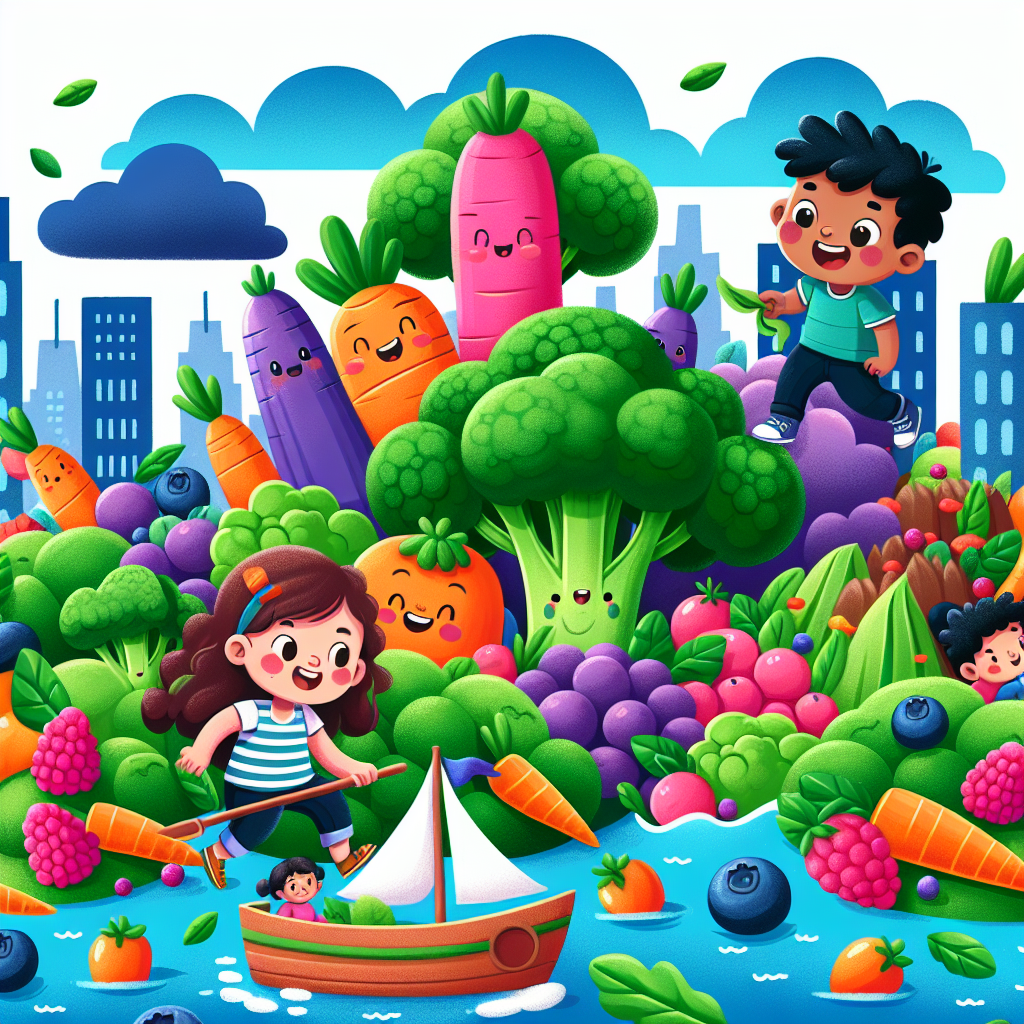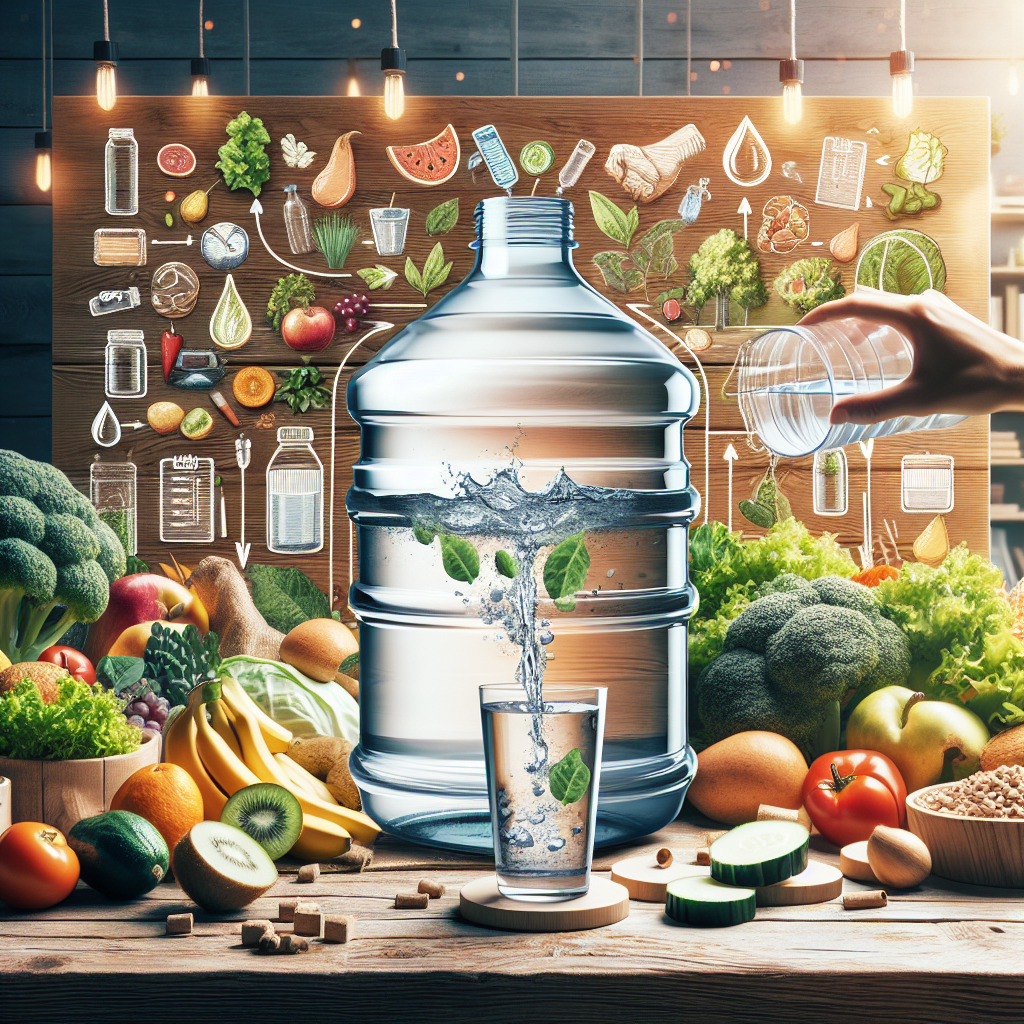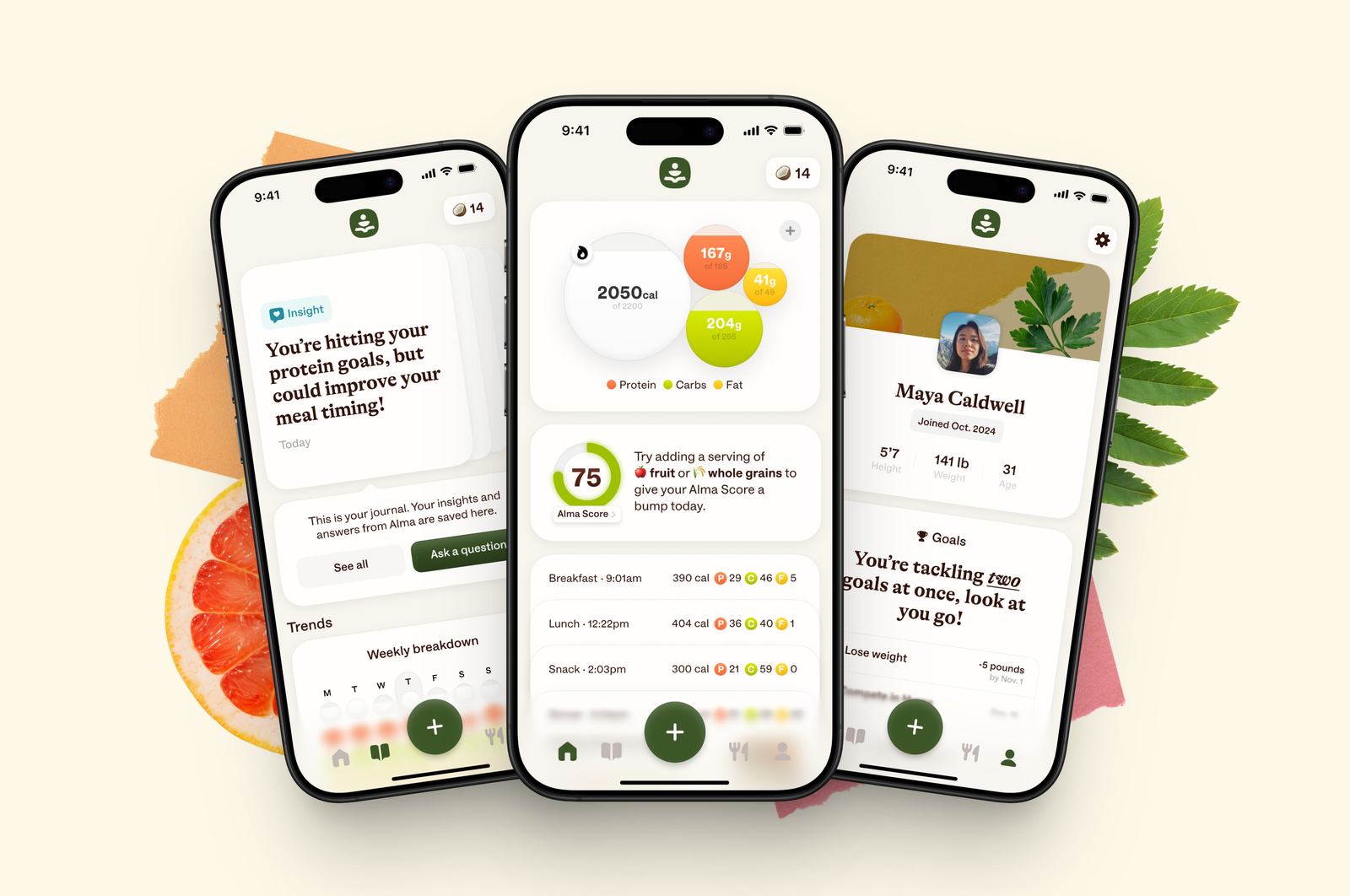Hydration is a fundamental aspect of a healthy eating regime that often goes overlooked. It plays a crucial role in maintaining the overall health and well-being of an individual. While most people focus on consuming the right foods and getting enough exercise, staying adequately hydrated is equally important to sustain a healthy lifestyle.
Water makes up about 60% of our body weight, and every system in our body depends on it. It helps transport nutrients to give you energy, keeps your temperature normal, lubricates and cushions joints, protects your spinal cord and other sensitive tissues, and gets rid of waste through urination, perspiration, and bowel movements.
One of the primary reasons why hydration is essential in a healthy eating regime is its impact on digestion. Water aids in the breakdown of food so that your body can absorb the nutrients effectively. It also helps prevent constipation by softening stools and maintaining regular bowel movements.
Moreover, hydration plays a significant role in weight management. Drinking water can promote satiety and boost your metabolic rate. Some studies have even shown that increasing water intake can lead to modest weight loss by improving metabolism and reducing appetite.
Hydration also affects brain function and energy levels. Mild dehydration can impair mood, memory, and brain performance while also leading to feelings of fatigue. On the other hand, staying hydrated helps maintain optimal brain function and keeps energy levels high.
Furthermore, adequate hydration supports cardiovascular health as it aids in maintaining blood volume which allows muscles to work efficiently during physical activity. It also helps regulate body temperature during exercise which prevents overheating.
While it’s essential to stay hydrated for overall health benefits, it’s equally important not to overhydrate as this may lead to water intoxication or hyponatremia – conditions caused by drinking too much water too quickly which dilutes sodium levels in your blood.
The amount of water needed per day varies depending on factors like age, sex, weight, activity level etc., but a general rule of thumb is to drink at least 8 glasses of water per day. However, it’s important to remember that we also get hydration from other beverages and food. Foods rich in water such as fruits and vegetables can also contribute significantly to daily water intake.
In conclusion, hydration is a key component of a healthy eating regime. Just like how you ensure your diet includes the right balance of nutrients, it’s equally important to make sure that you are consuming enough water. Remember, staying hydrated is not just about quenching your thirst, but ensuring optimal function of your body systems for a healthier and more active life.











